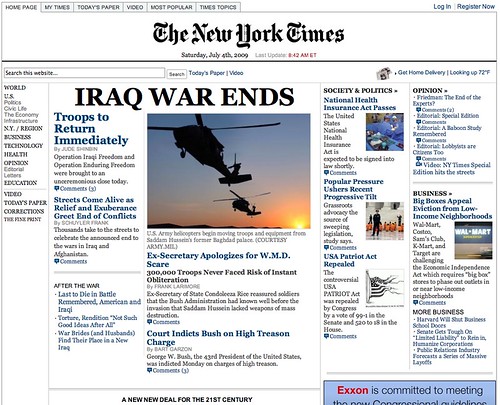A blog (short for 'web blog') is a website where entries are made in journal-like style and displayed in reverse chronological order.
WHILE
A wiki is a website that allows users to add, remove, edit, and change content. It allows for linking among any number of pages.
There are various advantages the wiki offers over the blog. On a wiki, knowledge comes from community of dozens or even thousands of topic experts. Anybody can make an account in a wiki and edit information on it. However, information stored on the wiki should be factual and the administrator should always check on it for it to be reliable. On Blogs, on the other hand, knowledge limited by single person because the writer of a blog is typically one author, one personality; therefore expressing one's opinion.
The content in wikis grow rapidly at all hours of the day. Because anybody can add information or work on pages at the same time, articles constantly change and are continuously updated. Blogs grow slowly, where the author can put one post at a time. And because they are usually arranged by date, each post becomes stale over time.
As for setup, wikis are more difficult to set up than blogs. Setting up a wiki ranges from easy to setup to very difficult, depending on chosen program. Publishing is easy, yet html knowledge is needed on some platforms. Spam are policed by the community. On the other hand, setting up a blog is easy because you can edit posts/ pages even without knowledge about html. Spam are policed by the blogger.












